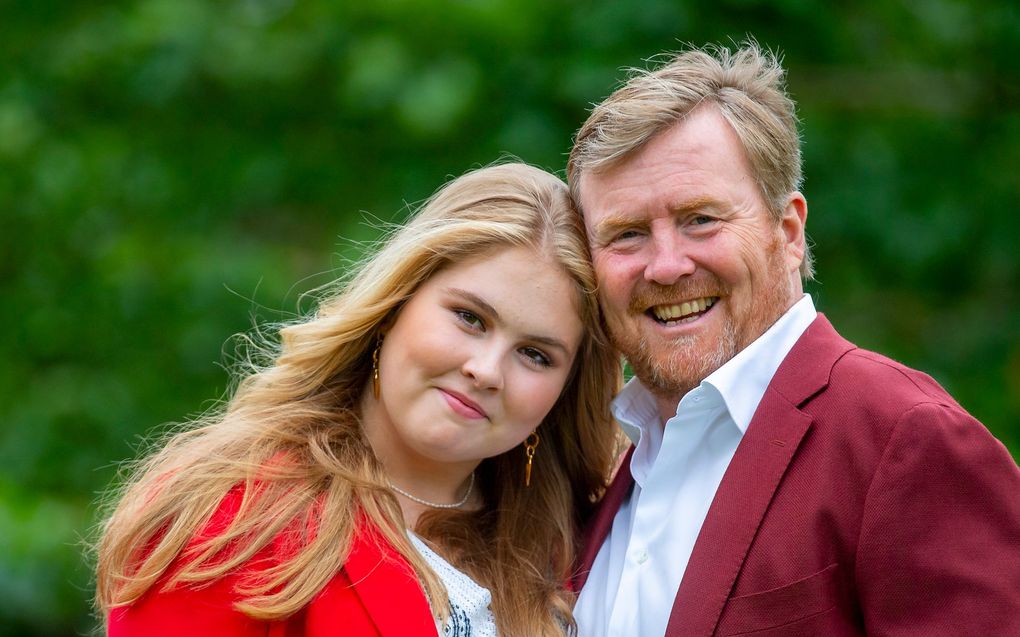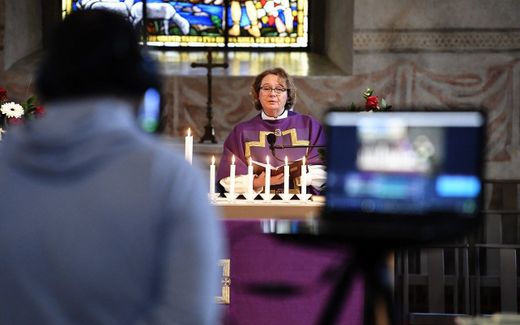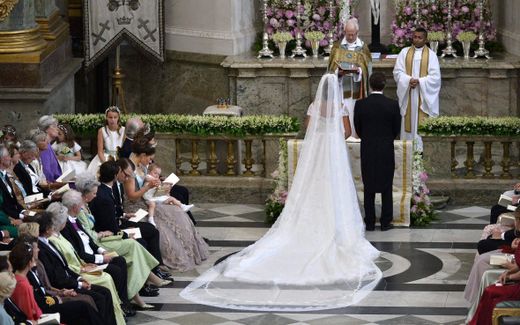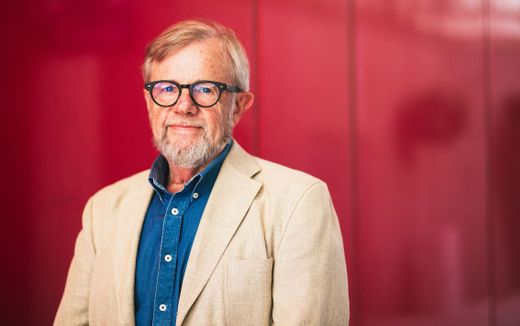Dutch PM: No problem for gay marriage in Royal House

King Willem-Alexander (right) with his eldest daughter, Princess Amalia. Photo ANP, Frank van Beek
Western Europe
The Dutch prime minister Mark Rutte would have no objections if the successor to the throne chose to marry a person of the same sex.
The Liberal leader doesn't answer what the consequences of this would be for the succession. For that, family law and social values are changing too rapidly, he wrote on Tuesday.
The Dutch Princess Amalia is turning 18 in December. A few months before this, mid-September, a book was published by constitutional law scholar and former MP Dr Peter Rehwinkel. In his book, Dr Rehwinkel refers to what the government of prime minister Wim Kok answered in the debate about the re-definition of marriage in 2000.
The government said that the Dutch Constitution always sees a man and a woman in a royal marriage since kingship is hereditary. "If a successor to the throne were to marry a person of the same sex, the very essence of hereditary kingship would be jeopardised, as it is certain in advance that no children can be born of such a marriage", government wrote. The conclusion was therefore clear: king, queen or successor would be "excluded of such a marriage."
The government added that this was no discrimination since the "cases were not equal", according to the Dutch cabinet in 2000, months before opening marriage to partners of the same sex.
Symbol of emancipation
In the more than 20 years after this, same-sex marriage grew out into a cherished symbol for the LGBT movement and a token of emancipation, with the full support of the secular parties in the parliament. It was, therefore, no surprise that two members of parliament asked written questions to the prime minister about the present position of the government about a royal gay marriage.

In his written answers on Tuesday, Mr Rutte doesn't answer the core issue that the government raised in 2000, namely the fact that partners of the same sex are not able to receive (biological) children. He admits that the "closed system of succession" is obviously different from the dynamic development of present-day family structures. Everything he would say about this today could have been changed on the day that a gay heir to the throne would be pregnant or adopt a child. Therefore, Mr Rutte leaves this question for a future government if such a situation ever occurs.
Although adoption of children has been usual in the Netherlands since the late fifties, there has never been a debate about child adoption by the Royal Family. According to the law, adopted kids are "lawful children". But if the hereditary nature of kingship is the "very essence" of it, as the government in 2000 said, this could lead to questions.
Neither has there ever been an answer to the question of whether a successor to the throne could choose for a partnership instead of a marriage and if parliament should give consent for that.
Since 1559
The House of Orange has been connected with the Low Countries since 1559 when William of Orange-Nassau (1533-1584) became governor of Holland. Since then, the House of Orange has ever been connected with the freedom of the Protestant faith in the country.
Related Articles






